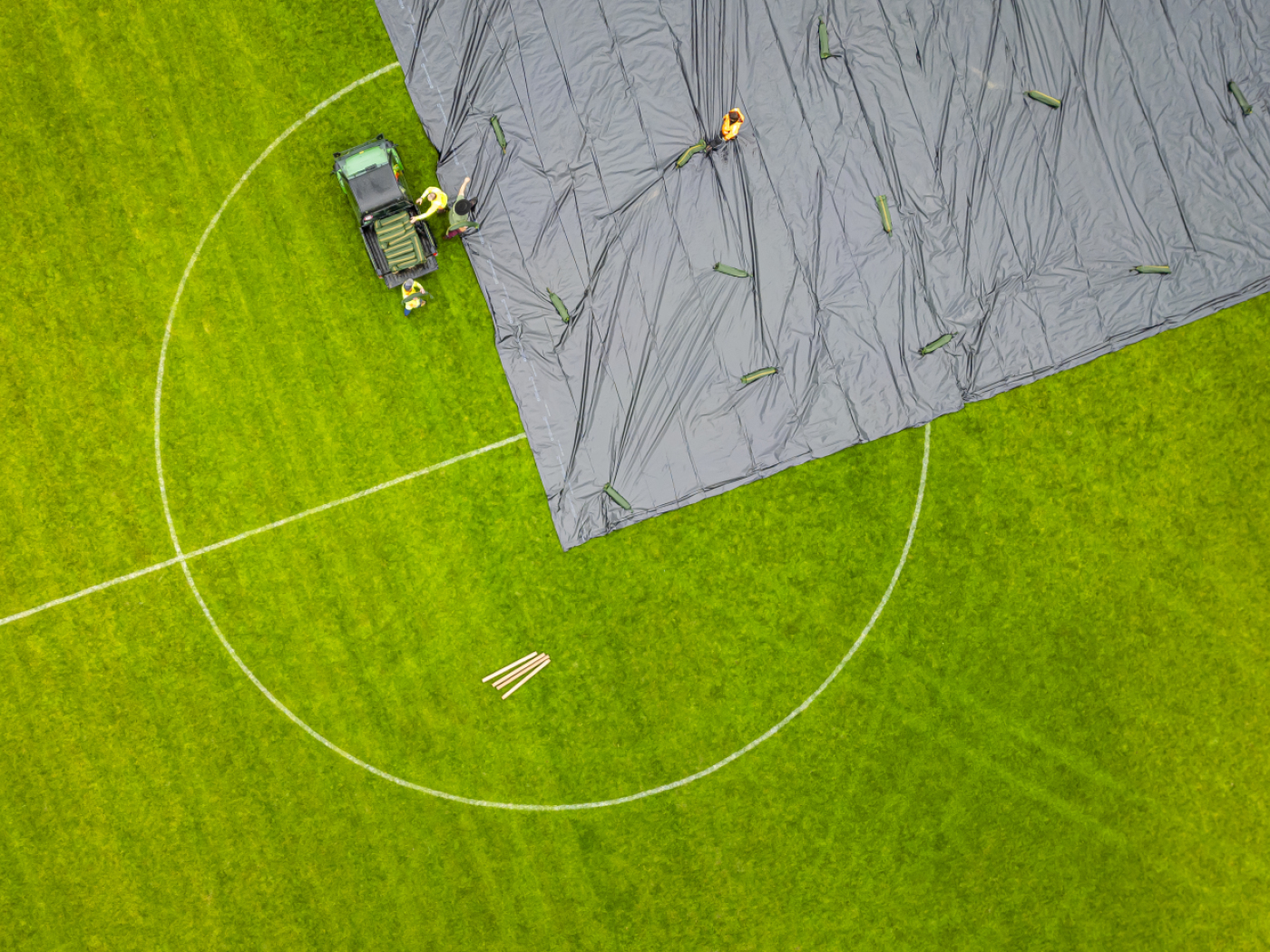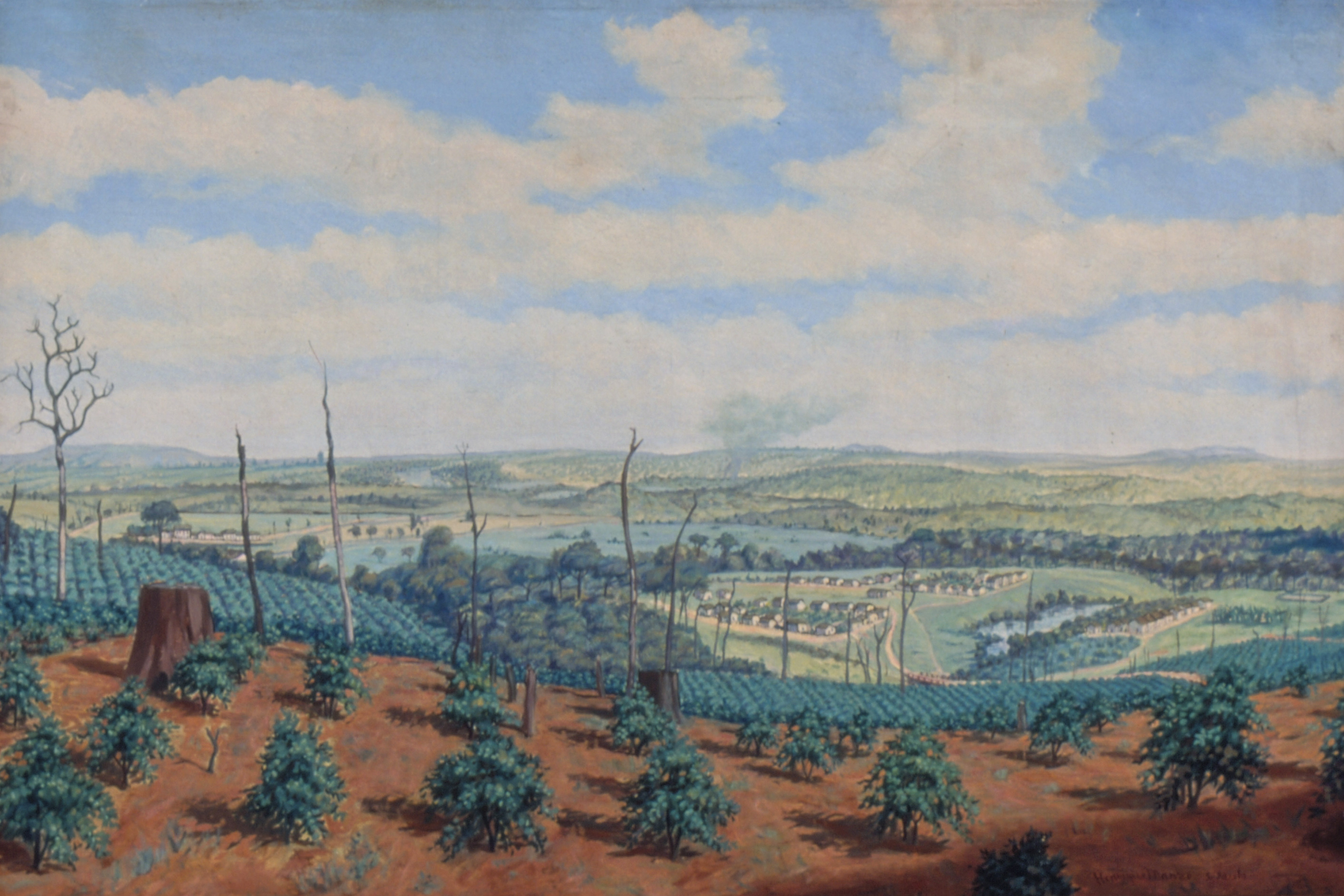
Swiss canton creates buffer zone in fight against Japanese beetles

To combat the Japanese beetle, the canton of Aargau has imposed a buffer zone in six municipalities. No plant material may be removed from this area. The canton of Solothurn already reacted to the pest in the neighbouring area a year ago.
+Get the most important news from Switzerland in your inbox
The Aargau municipalities of Aarburg, Oftringen, Rothrist, Strengelbach, Vordemwald and Murgenthal are affected by the buffer zone. This is according to the decree published in the cantonal official gazette on Monday.
Specifically, it is forbidden to remove plant material from green spaces in this area until the end of September. The ban also includes cut fresh plant material from agriculture, such as grass, according to the order.

More
Japanese beetle warning issued in Switzerland
However, finely chopped material may be removed from the buffer zone and stored outside if both transport and storage are insect-proof, i.e. as hermetically sealed as possible.
The removal of sufficiently dry hay, silage bales and maize silage from the buffer zone is therefore not affected by the restrictions. The aim is to prevent the unintentional spread of the beetles, their eggs or larvae.
Small population established
In the canton of Solothurn, a few individual Japanese beetles were found in a trap near the Gunzgen Süd motorway service area at the end of August 2024 and again in mid-July.
Based on the number of beetles found and the time of capture, it is assumed that a small population was able to establish itself, according to the Aargau authorities.
The beetles feed on the leaves, flowers and fruit of over 400 plant species. As larvae, they feed mainly on grass roots and thus jeopardise green spaces of all kinds.
For these reasons, the animals pose a threat to agriculture, horticulture and the environment, according to the federal government. Depending on environmental conditions, local dispersal by flight is 1 to 20 kilometres per year.
Translated from German by DeepL/jdp
We select the most relevant news for an international audience and use automatic translation tools to translate them into English. A journalist then reviews the translation for clarity and accuracy before publication.
Providing you with automatically translated news gives us the time to write more in-depth articles. The news stories we select have been written and carefully fact-checked by an external editorial team from news agencies such as Bloomberg or Keystone.
If you have any questions about how we work, write to us at english@swissinfo.ch

In compliance with the JTI standards
More: SWI swissinfo.ch certified by the Journalism Trust Initiative






























You can find an overview of ongoing debates with our journalists here . Please join us!
If you want to start a conversation about a topic raised in this article or want to report factual errors, email us at english@swissinfo.ch.